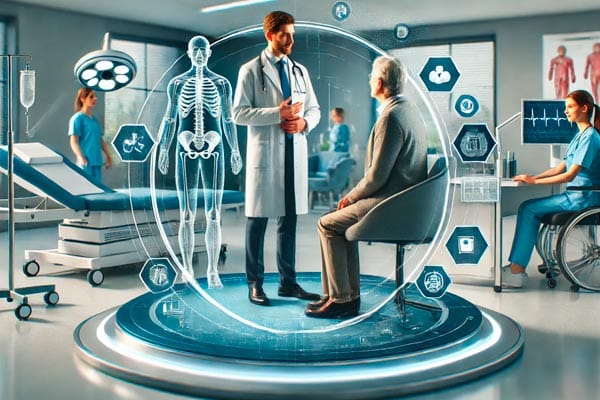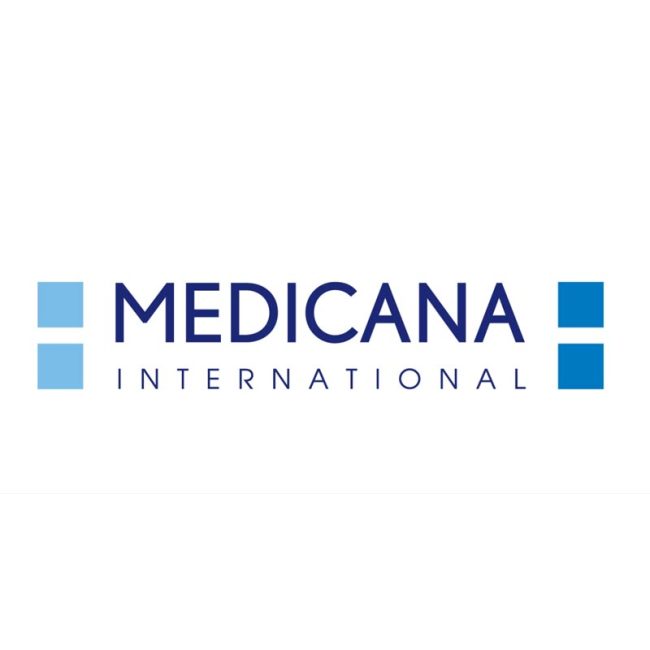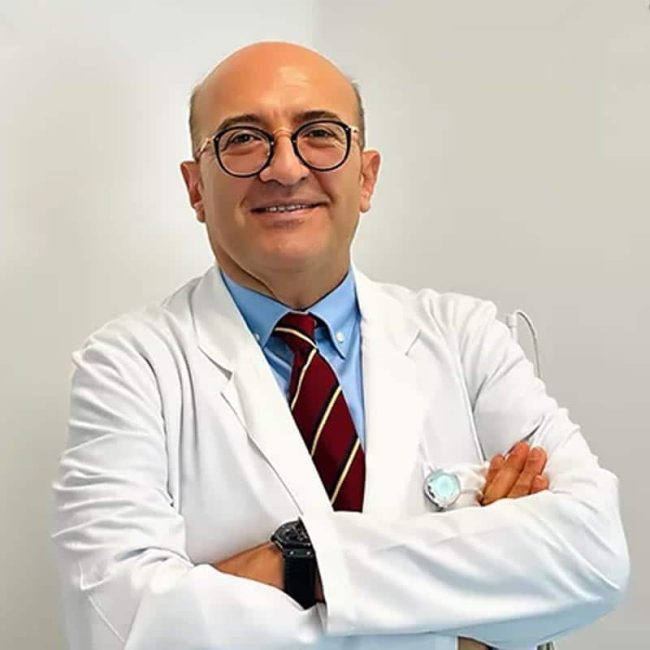Toxicology
Description: Toxicology deals with the diagnosis and treatment of poisoning and toxic reactions to chemical substances, drugs and environmental toxins. Indications: Acute poisoning (e.g. by medication, chemicals, drugs) Chronic toxin exposure (e.g. heavy metals, pesticides) Reactions to poisonous plants and animals Overdoses Procedure: Diagnosis: medical history, clinical examination, specific blood and urine tests, toxicological analyses.…



